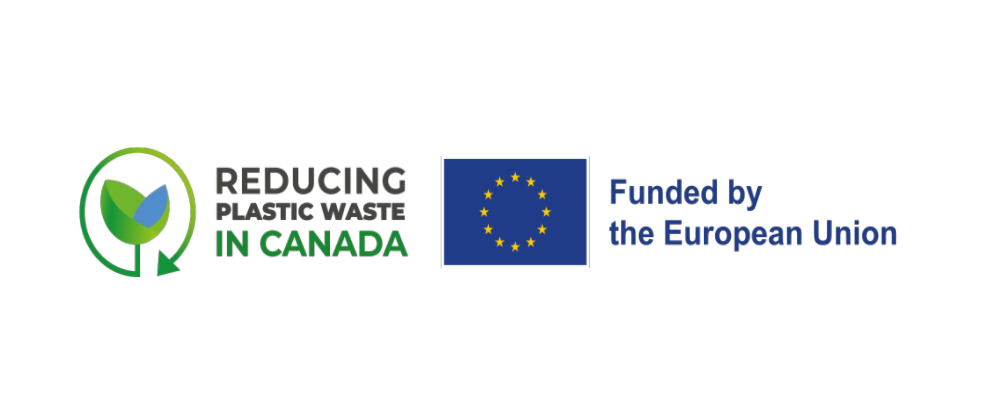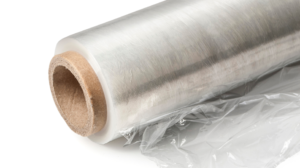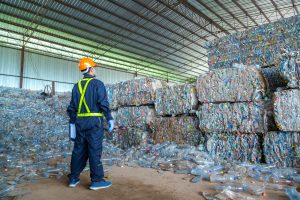- Policy
- Government
- Facts & Stats
- Plastic Pollution
- National
- International
Story 9: Dutch Deposit Return System Working in Tandem with EPR
A mandatory Deposit-Return System is now in place in the Netherlands for small plastic bottles less than one litre. The program is fully managed by producers, with a return-to-retail collection model primarily using reverse vending machines.
In July 2021 the Dutch government introduced a deposit at the point-of-sale of plastic bottles less than 1 litre of (Euro) 15 cents (approximately 0.20 CDN), while the deposit on larger bottles (> 1 litre) which was previously in place, will remain at 25 cents. This deposit is returnable when the plastic bottles are returned by consumers for recycling at supermarkets or other designated highly popular public spaces such as train stations, or at fuel stations. This measure is intended to lead to a significant reduction in the volume of plastic street litter and encourage recycling of all plastic bottles which are already fully recyclable but do not have high return rates. Responsibility for the introduction of the deposit system will be vested with the manufacturers of the drinks bottles. Hotels, restaurants, cafés and small businesses will be exempt from the obligation to collect small plastic bottles for now. Schools and sports clubs may volunteer to set up a collection point for manual collection.
The driver for this new requirement in the EPR scheme is to reduce litter. It follows an agreement made in 2018 with producers and municipalities to achieve a 70-90% reduction in plastic bottle litter in the Netherlands, and if this was not achieved the government would, together with businesses and producers that make plastic bottles, require the implementation of a deposit program managed by producers as part of the EPR scheme. New collection machines (e.g. reverse vending machines) will be required as well as equipment to flatten the bottles, paid for by manufacturers.
URLs
#CircularEconomy #Recycling #PlasticRecycling #EPR #DRS




